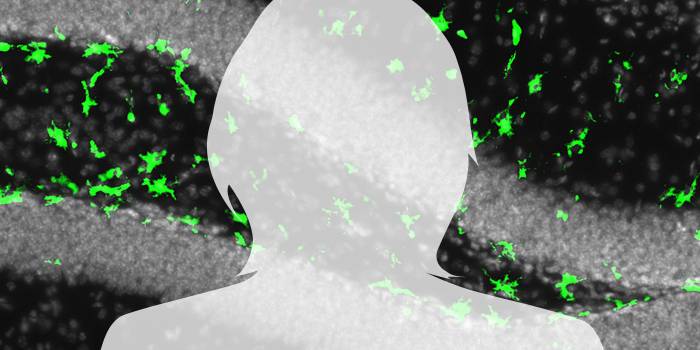Karen Bulloch, Ph.D.
Adjunct Associate Professor
In conjunction with the Harold and Margaret Milliken Hatch Laboratory of Neuroendocrinology, Bulloch heads the Neuroimmunology and Inflammation Program, which works to characterize a novel immune cell population, termed brain dendritic cells, in the normal and diseased central nervous system (CNS). Dendritic cells, initially discovered by Rockefeller’s Ralph M. Steinman and Zanvil A. Cohn, are essential in orchestrating the body’s immune response to pathogenic and toxic antigens. Dendritic cells also play an important role in maintaining tolerance in the body to protect against autoimmune diseases.
Brain dendritic cells were identified using a transgenic mouse model developed at Rockefeller, which expresses enhanced yellow fluorescent protein under the control of the CD11c gene promoter, a marker for dendritic cells throughout the body. Bulloch and the program’s scientists further characterized brain dendritic cells in neonatal, young, adult, and aging brains as well as their presence following seizures and stroke. It was further shown that brain dendritic cells are competent inducers of the T cell immune response.
Currently, the program’s scientists are working on evaluating the function of brain dendritic cells following viral infection and in mouse models of inflammation and neurodegenerative diseases. Additional work seeks to understand the role of these cells in development and in neuroendocrine–immune interactions.
Their data now indicate that these immune cells, which are both CNS and peripheral in origin, are capable of responding to points of injury and infection in the brain. The goal of Bulloch’s program is to elucidate the molecular mechanisms underlying immune responses in the brain and to develop new targets for therapies for a wide range of CNS damage.
